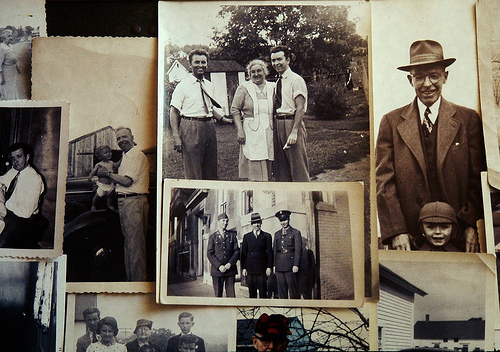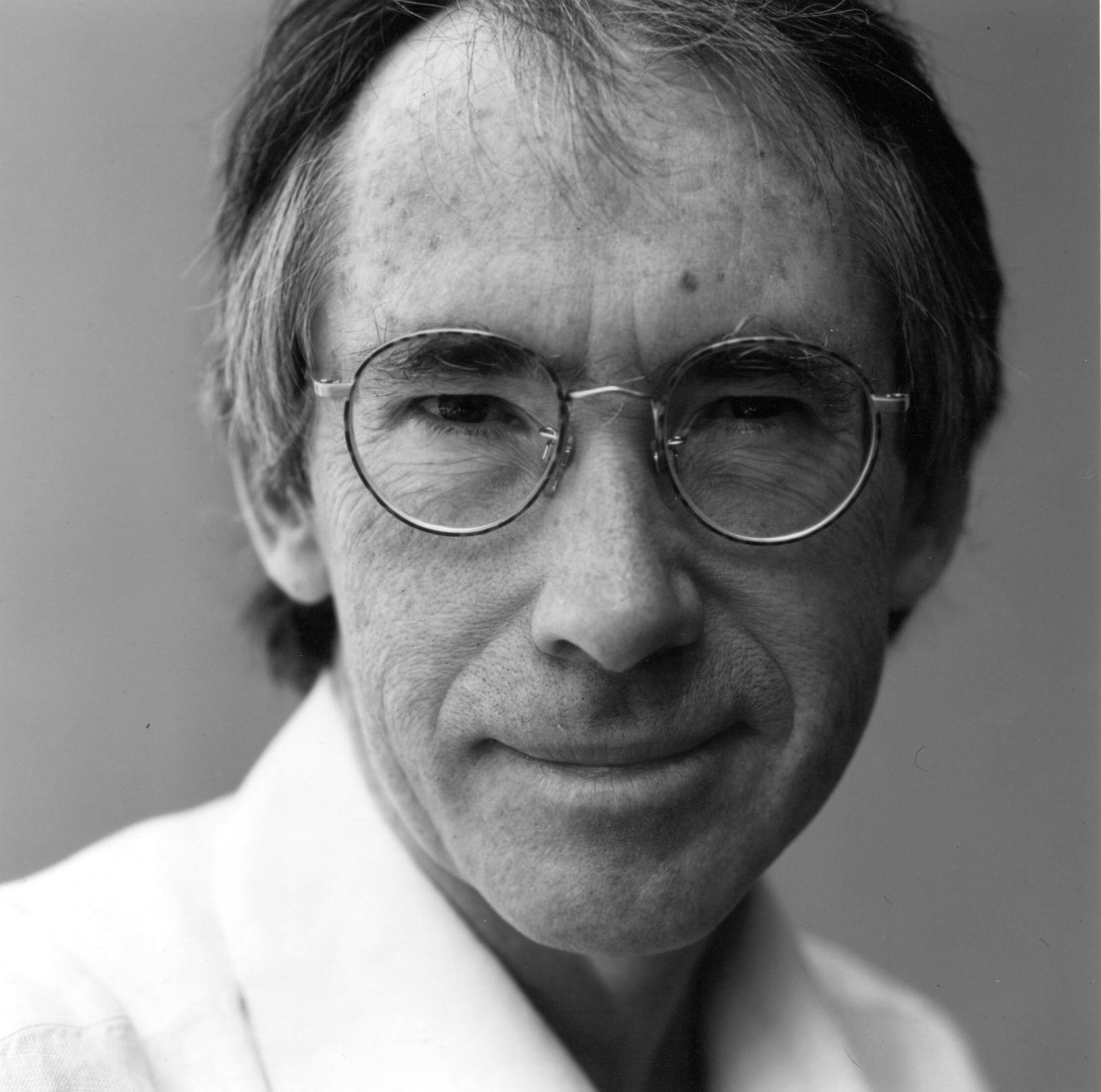It’s the broadcast home of some of the most insipid timewasters on the web. So who would have ever thought that some videos posted on YouTube would ever aid a […]
All Articles
When it comes to finding a successor for a top executive, an “inside outsider” might be the best option. As Harvard Business School Professor Joe Bower explains in his Big […]
Here at Mind Matters we strive to be your full-service source of octopus-cognition news. And in my last post on that, I described humans making videos for octopuses. So it’s […]
“If it’s any good, [literature] can make you feel less alone in the world...It gives you some late-night company with your memories and your sorrow.Literature does touch people; it’s not […]
A British bioethics council is asking the public whether it’s ethical to use financial incentives to encourage people to donate organs.
In a new book, Timothy Ryback examines Adolf Hitler’s private library. He asserts that books were important in shaping the Führer’s life, and looks for insights in the books’ margin notes.
While political debates might suggest that the question of climate change is yet unresolved, the world of industry and commerce is convinced that global warming is real, and imminent.
Big Think blogger Michio Kaku writes that a “perfect storm” of wind and ice conditions turned the Icelandic volcano eruption into a crisis. He gives three scenarios for what we can now expect.
Synthetic biologists have discovered new chemical reactions that could “rewire” plants to more efficiently process carbon dioxide—allowing crops to grow to enormous size.
“Right now, America has neither the opportunity nor frankly the balls to do truly big things on Arab-Israeli peacemaking,” writes Aaron David Miller.
Scientists have found a distinctive kind of breaking wave in the deep sea representing a subtle force that stirs the seabed and helps distribute rare nutrients.
“No matter where consumers buy books, their belief that electronic media should cost less—that something you can’t hold simply isn’t worth as much money—will exert a powerful force,” writes Ken Auletta.
“Although there must be a physical limit to how many memories we can store, it is extremely large. We don’t have to worry about running out of space in our lifetime,” writes Paul Reber.
One of the highest-impact lifestyle changes a person can make in the name of environmentalism is to go veggie. It takes – as this blog’s image illustrates – 698 and […]
A study has found that people who report having had “near-death experiences” also have elevated levels of carbon dioxide in their blood—indicating that oxygen deprivation may be the cause.
“A few snapshots.” According to novelist Tim O’Brien, that’s all our minds retain of our childhoods, adulthoods, and even the people we’ve loved most deeply. “And that’s memory? Little remnant […]
“It has been clear to me since the time of the commission that I led in the ’80’s, that no doubt the historic responsibility for where we are has to […]
As we push for better health care and longer lives, Gregory Rodriguez writes that we should think about the societal consequences of having so many old people hanging around.
Scientists have created an ultrathin, flexible, electronic implant that essentially melts into place on the brain’s surface, and may pave the way for a new generation of medical devices.
“Hummers are stupid and wasteful and if they go away because no one wants to buy one, that’ll be just a little sad,” writes Penn Jillette. “It’s always a little sad to lose some stupid.”
Felix Salmon writes that executives need “to imagine their companies 30 years down the line, struggling with the deleterious effects of climate change on profitability.”
“Increasingly, neuroscientists, psychologists and educators believe that bullying and other kinds of violence can indeed be reduced by encouraging empathy at an early age,” Maia Szalavitz.
The Oklahoma City bombing fifteen years ago “proved once again that without the law there is no freedom,” writes former President Bill Clinton.
“While most of the blame for the crisis should reside with those in the financial markets … a considerable portion of it lies with the economics profession,” writes Joseph Stiglitz.
Henry Luce’s magazines were shaped by the Time founder’s “commitment, energy, moral inquiry, and high purpose; and … arrogance, impatience, didacticism, and occasional dogmatism.”
We have been repeatedly disappointed in our hopes that economic liberalization in China and Russia would pave the way for media liberalization, writes Mark Gimein.
Eruptions from the Eyjafjallajökull volcano have, historically, always been followed by eruptions from Iceland’s much larger volcano, Katla. Could the “angry sister” be getting ready to blow?
There’s been no end of talk these past few weeks about the iPad’s revolutionary potential: how you don’t have to choose between a smart phone and a laptop any more, […]
We love Ian McEwan. We also love when esteemed literary publications surprise us with criticism of a writer so adored. Indeed, whatever one thinks of Solar, the new McEwan novel, […]
Where has the Securities and Exchange Commission (SEC) been? Many of the trades that led to the financial meltdown were legal, but many clearly were not. Even if you can’t […]









